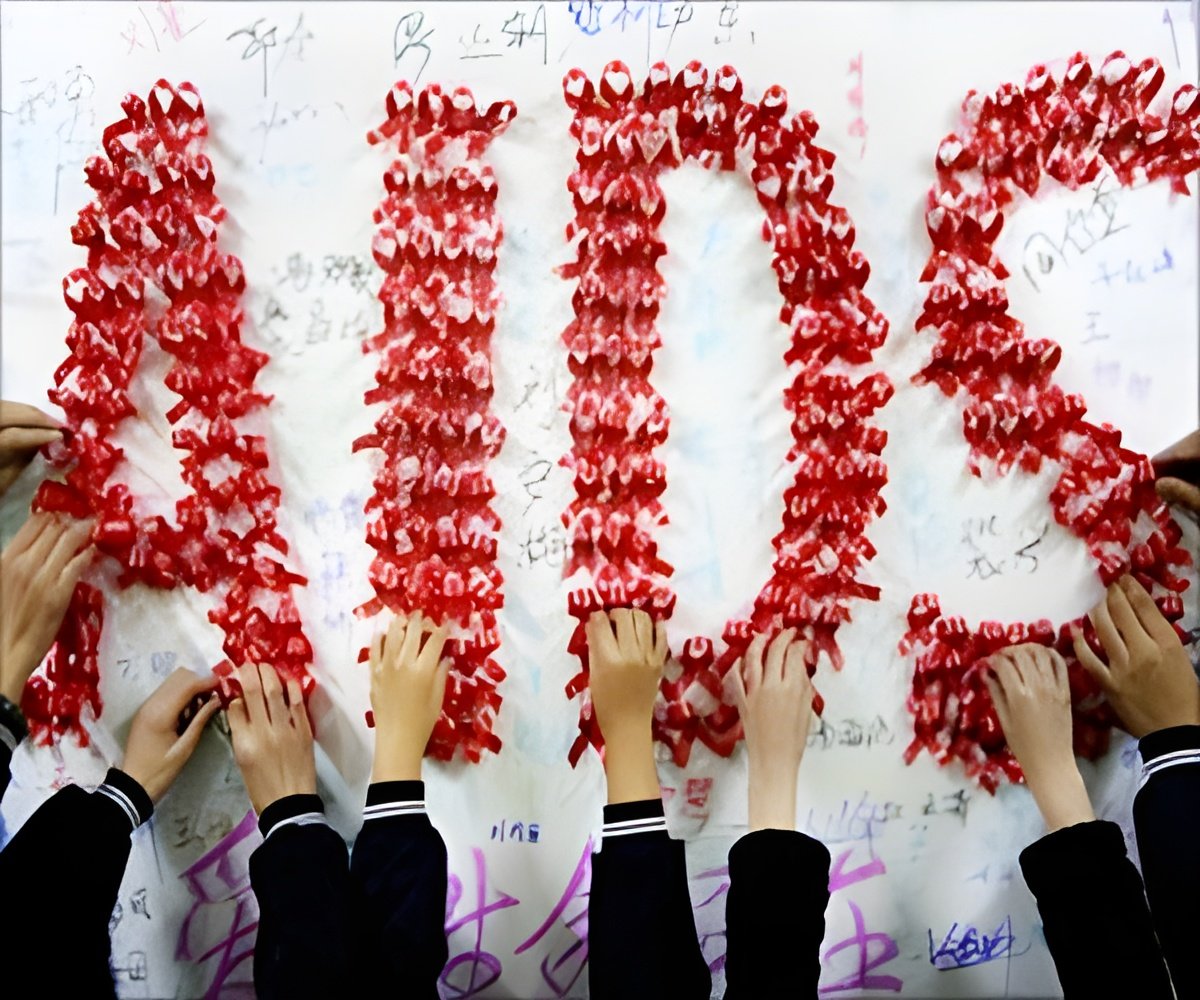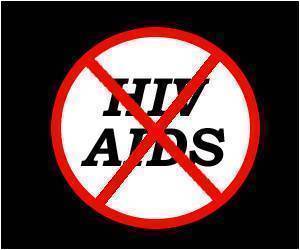
‘About 26 new HIV infections are detected every hour among adolescents aged 15 to 19 years. Seven out of 10 new HIV infections are diagnosed in adolescent girls, says a report by UNICEF.’
Tweet it Now
"Among HIV-affected populations, adolescents are the only group for which the mortality figures are not decreasing," the report says. "Most adolescents who die of AIDS-related illnesses acquired HIV when they were infants, 10 to 15 years ago, when fewer pregnant women and mothers living with HIV received anti-retroviral medicines to prevent HIV transmission from mother to child."
Many of them survived into their teenage years without knowing their HIV status.
However, among teenagers aged 15-19, 26 new infections occur every hour, and about half of the two million living with HIV in this group are in just six countries: South Africa, Nigeria, Kenya, India, Mozambique and Tanzania.
"In sub-Saharan Africa, the region with the highest prevalence, girls are vastly more affected, accounting for seven in 10 new infections among 15-19 year olds," the statement said.
Advertisement
Only one in three of the 2.6 million children under the age of 15 living with HIV are on treatment.
Advertisement
By 2014, three in five pregnant women living with HIV received anti-retroviral treatment to prevent transmission of the virus to their babies.
"This has translated into a 60 percent reduction in AIDS-related deaths among children under four years of age since 2000," UNICEF said in a statement.
"These efforts to eliminate mother-to-child transmission will help to change the course of the epidemic for the next generation of adolescents."
Source-AFP










